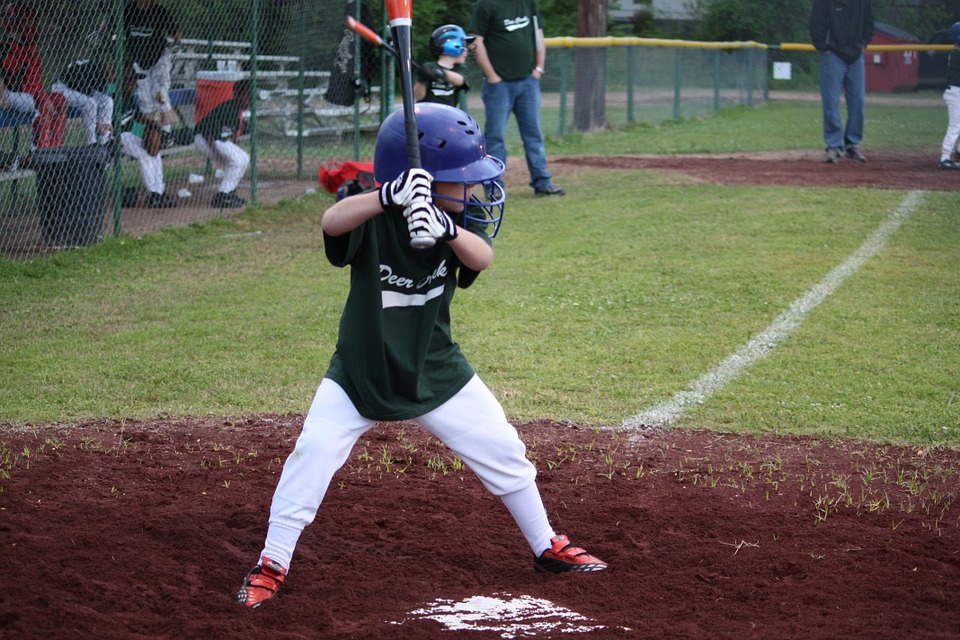
I’ll start by mentioning that I am not a big fan of this condition being referred to as a “disease.” That word tends to upset needlessly. It’s not a “disease,” but is simply an inflammation of a growth plate in active children. A more accurate name is Sever’s Calcaneal Apophysitis, but that doesn’t exactly roll off the tongue. For now, let’s further abbreviate and just call it “Sever’s.”
Now that I got that off my chest, let’s review some basics of this very common complaint. Sever’s is an inflammation of the heel bone growth plate in children, and is most common in adolescents. This inflammation is thought to be caused by repetitive trauma to the growth plate caused by impact from running, jumping, etc. It is named for Dr. James Sever who initially described it in 1912. The pain involved can vary from patient to patient in severity and timing, but the location of the pain is always going to be located in the back part of the heel bone at the growth plate as seen below.
When a child is developing this issue, they will typically complain about aching pain in the heel that usually occurs following some type of physical activity. It most commonly affects just one foot, but can certainly occur in both. This pain will fluctuate up and down depending on activity, but can eventually lead to significant pain during sports, which can really limit the child’s ability to participate in ANY physical activity.
Diagnostic studies like X-rays are usually normal; the diagnosis is made by the location and timing of the pain. Treatment for Sever’s includes taking a short break from sports, regular stretching and icing of the heel, inserts for the shoes (heel lifts and orthotics), physical therapy, and in more severe cases I may recommend temporary cast immobilization.
For most children, the pain resolves in a few weeks and they are able to get back to their full activity level. Long term pain or damage from Sever’s is very rare, and the inflammation of the growth plate will always stop once the foot is done growing, so the long term prognosis is good for just about any child suffering with this.
If you think your child may be dealing with Sever’s or any other type of foot pain, please don’t hesitate to make an appointment with me at either of our office locations in Fort Collins or Cheyenne.
The quicker you do, the quicker your child can get back to being active and pain free.
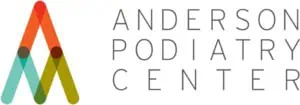
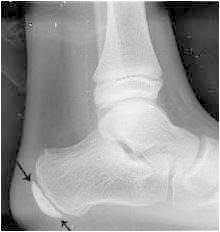
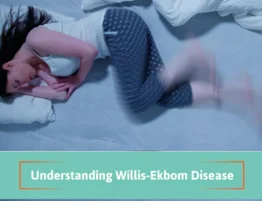
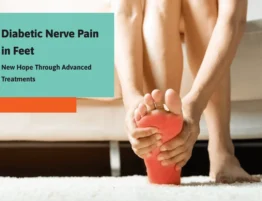
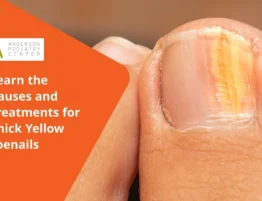
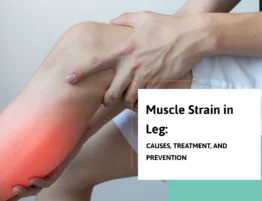
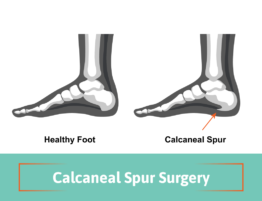
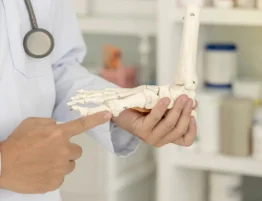
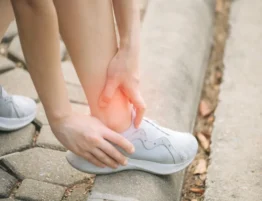
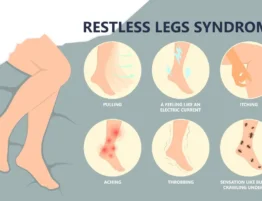
Write a comment: